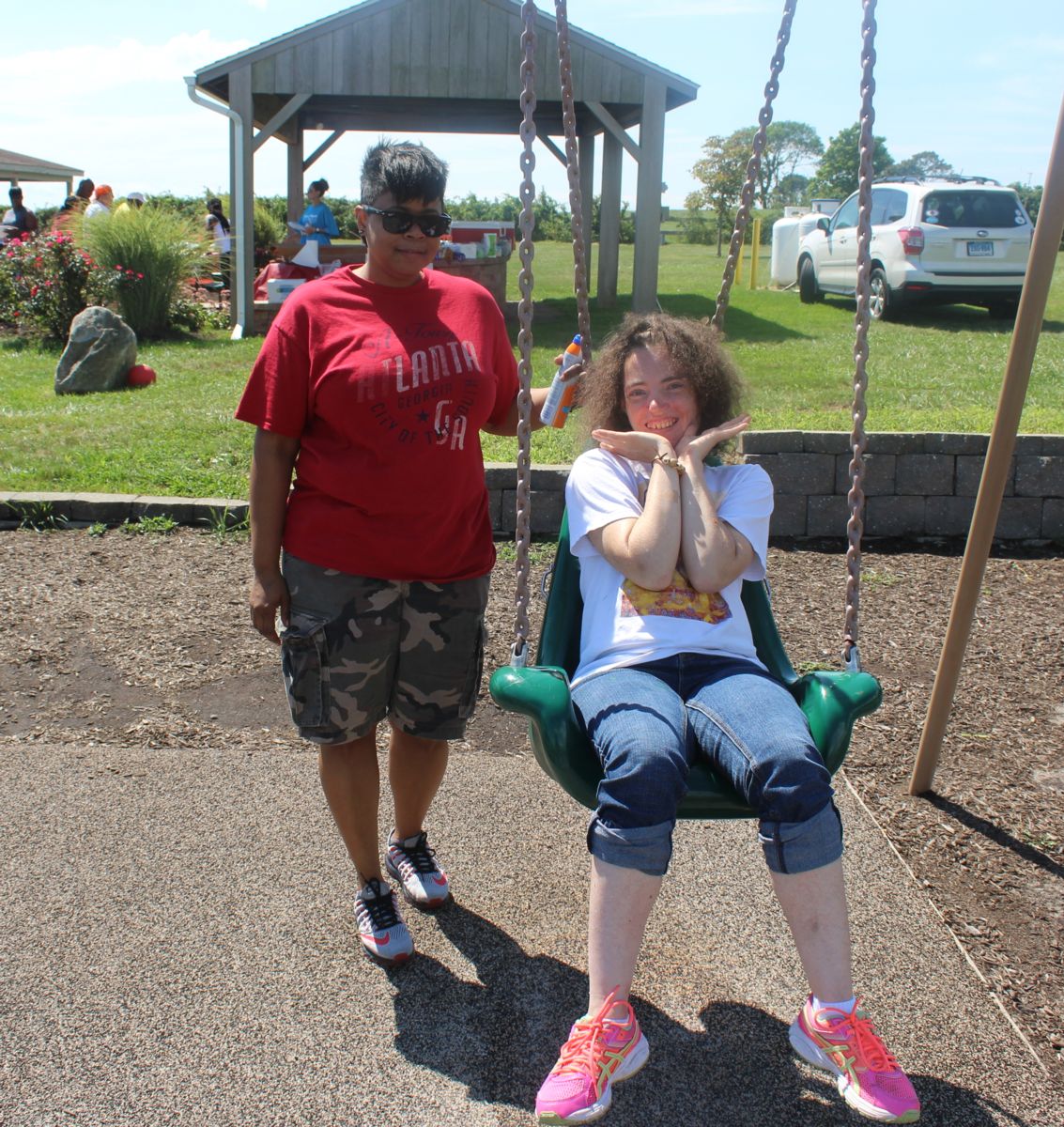Continuum of Care, Inc.’s mission is to enable people who are challenged with mental illness, intellectual disabilities, addiction, or homelessness to rebuild a meaningful life and thrive in the community.
Meghan's Miracle
 Meet Meghan.
Meet Meghan.
At the age of two, Meghan was diagnosed with the severe seizure disorder Lennox-Gasuaut Syndrome. On any given day, she would experience seizures too numerous to count. She also exhibited significant behavioral and cognitive deficiencies which are associated with Lennox-Gasuaut. Her condition was so severe that eventually it became unsafe for Meghan to live at home or function in a public school setting. After much research, her parents brought Meghan to live at a specialized neuro-behavioral institution in Texas.
As Meghan became a young adult, heartbreaking issues arose concerning Meghan’s care, and her seizures and behaviors became increasingly more difficult. Her parents needed to remove her from the institution, but because of her complex medical condition and tremendously challenging psychiatric behaviors, several organizations refused to admit Meghan.
Where do parents of a budding adult with such serious medical and psychiatric challenges like Meghan’s turn?
Meghan’s parents were referred to Continuum of Care’s supportive living program. Continuum’s Vice President of Developmental Disability Services flew down to Texas to meet Meghan and her parents and assess her situation. In light of Continuum’s expertise and compassion with some of the most challenging individuals, it was agreed that Meghan would move to Continuum.
Our staff worked with Meghan’s parents, doctors, case managers and behaviorists on plans to ultimately manage her seizures and other medical issues, as well as change her negative behaviors. Initially, she was physically aggressive, threatened suicide, obstinate about taking medications and going to her day program, and, on occasion, she was hospitalized for severe seizures. But the team refused to give up on Meghan.
When Meghan came to our program, we were told that it would be a miracle if we could help her to live a productive life. Today, Meghan is thriving both medically and emotionally.
Thanks to the coordinated work of the team, Meghan has not had a psychiatric hospitalization for three years, and has not had any serious seizures for one year. Meghan regularly attends her day program and has many friends now. Her staff members respect and treat Meghan like the young woman she is, and her parents have complete confidence that Meghan is thriving because she is in Continuum’s care. (Read her dad's story here.)